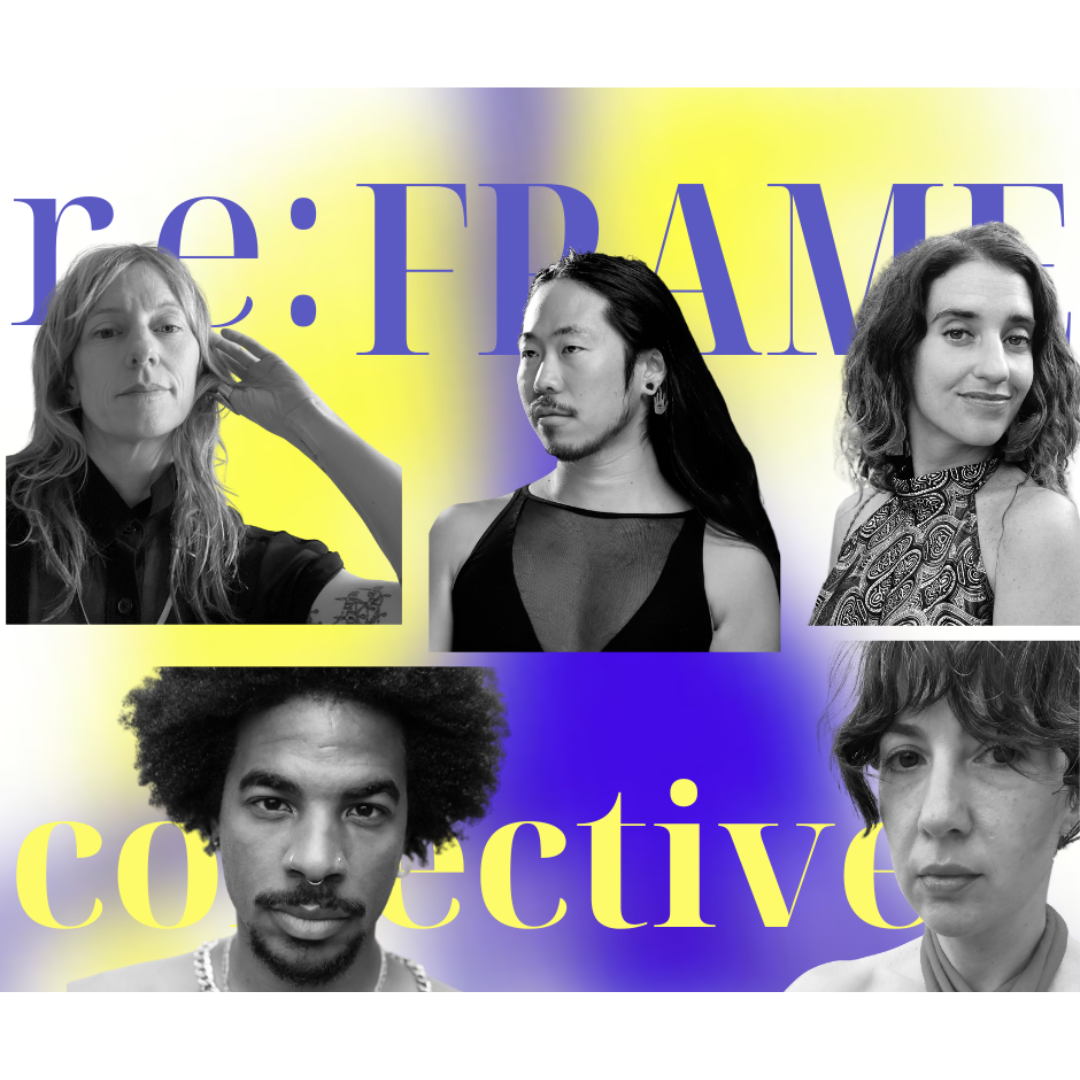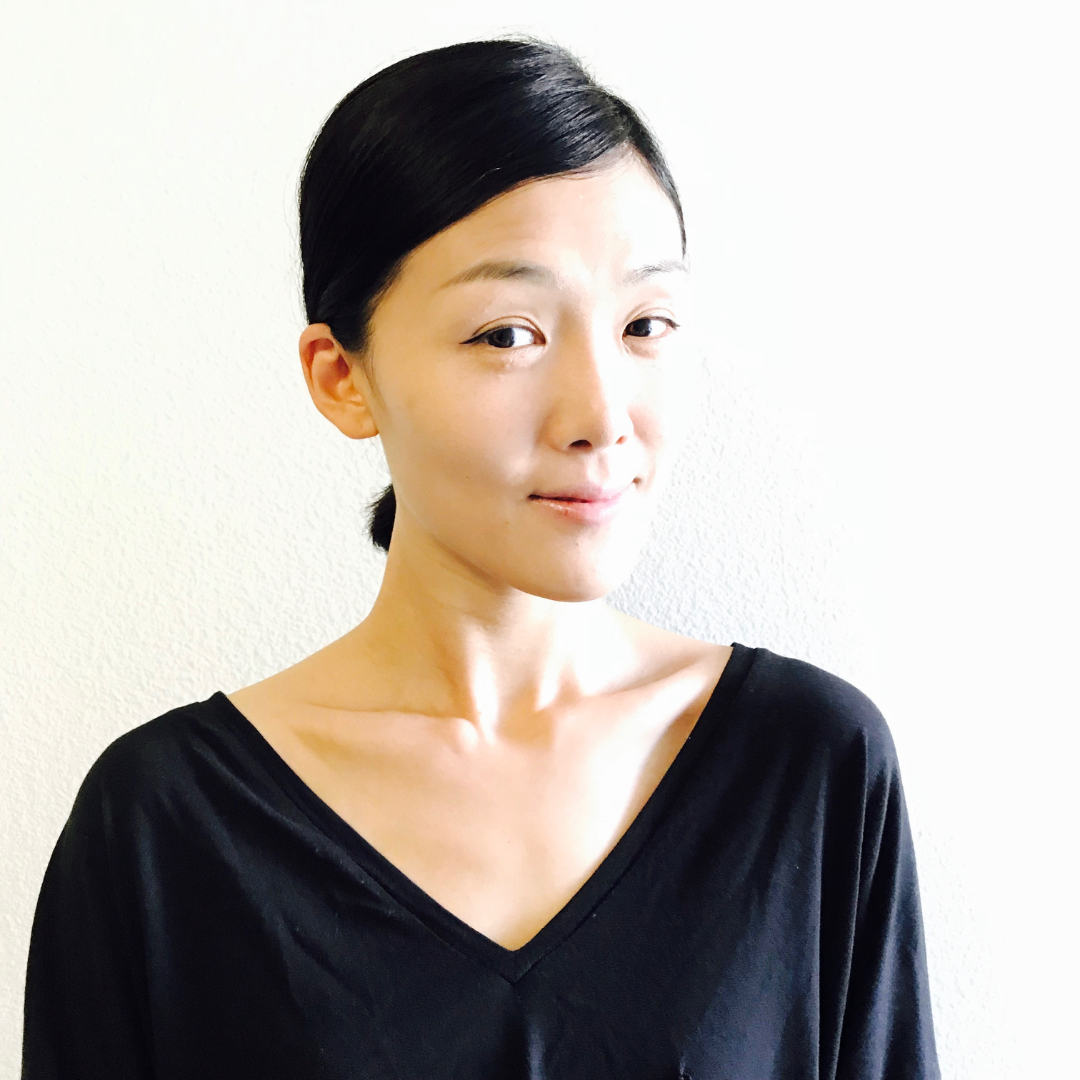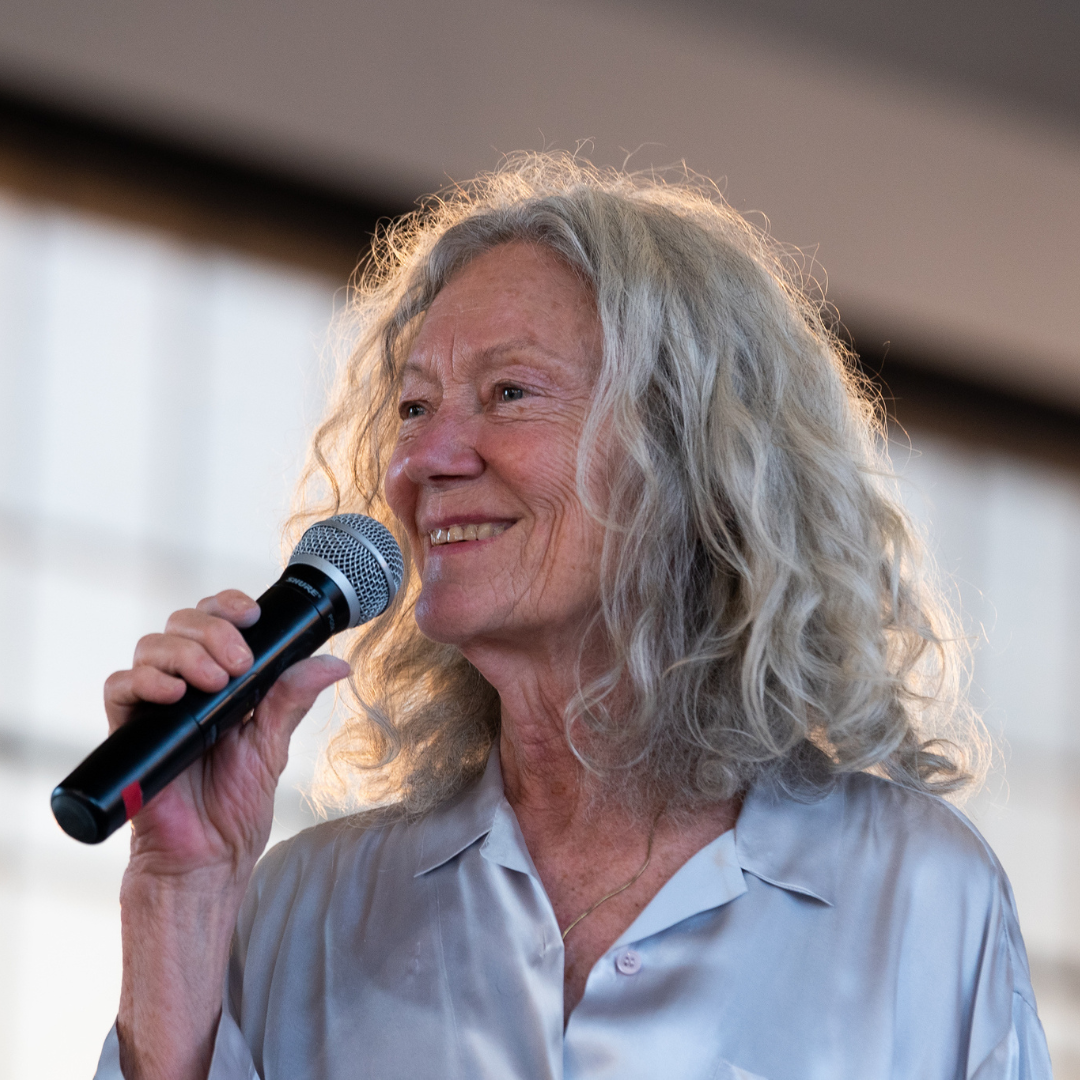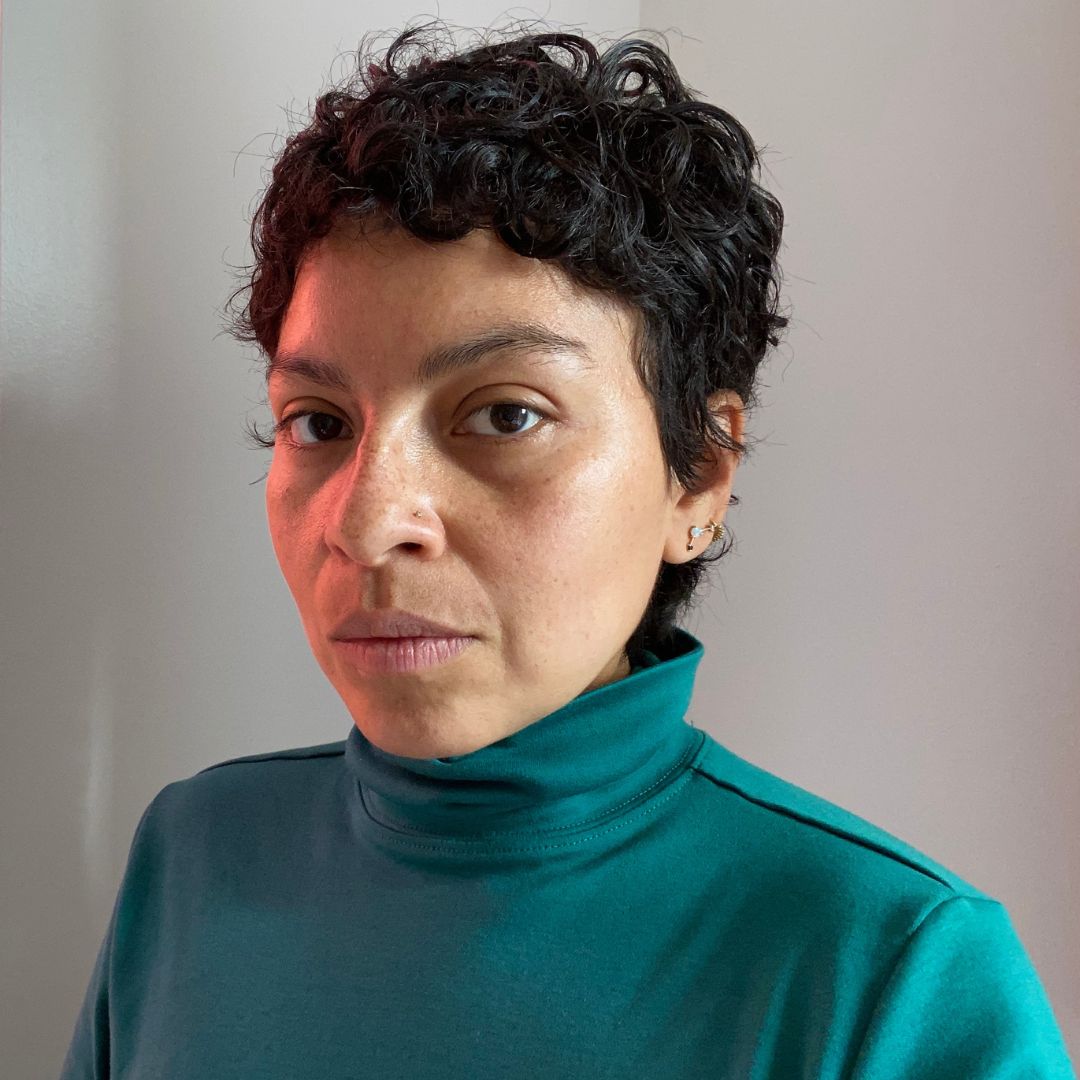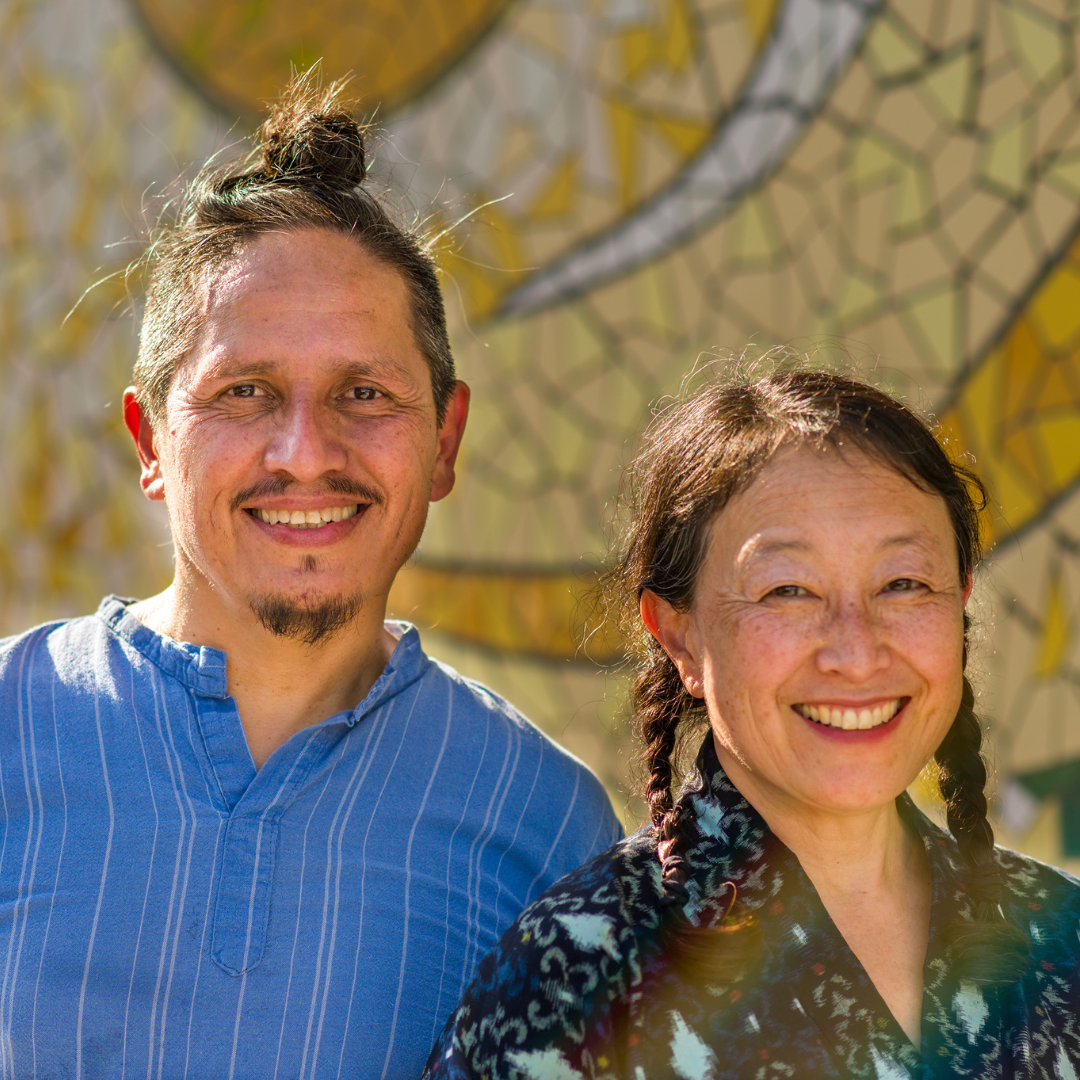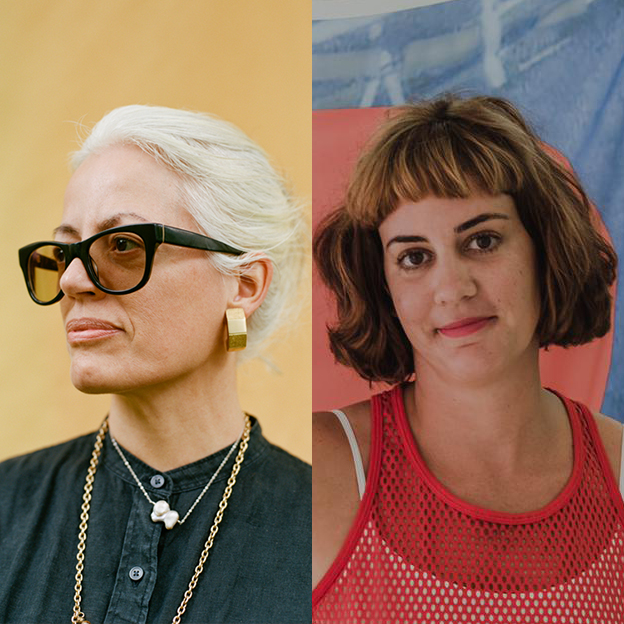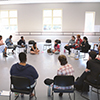Returning Choreographic Fellow | July 1-19, 2016/ Sept. 18 - Oct. 10, 2016
Poor People’s TV Room
Bessie Award-winning artist Okwui Okpokwasili uses an interdisciplinary, intensely visual and textured lens to look at issues of gender, culture, and identity as they are expressed in American and global contexts. Poor People’s TV Room is rooted in a kinetic history of collective action in Nigeria, drawing from historical events in order to explore the amnesia around collective action initiated by African women and to build a narrative around the impact of that erasure. Integrating choreography, song, text, and film, Poor People’s TV Room crosses disciplines to make a visceral performance where the past is alive and unleashed in the present.
Poor People’s TV Room is informed by two historic incidents in Nigeria: The Women’s War of 1929, a resistance movement against British colonial powers; and the Boko Haram kidnappings of more than 300 girls, which launched the Bring Back Our Girls movement. Women have been central to these campaigns and have played essential and powerful roles in Nigeria’s independence. Poor People’s TV Room attempts not only to unearth this complex history, but to investigate how buried narratives of women in Nigeria resonate with present actions throughout the world.
Other creative points of departure include: the dystopian mythology of author Amos Tutuola; Octavia Butler’s science fiction; the TV room of a wealthy government official designated exclusively for poor people in his village; a lost girl in the present; and a ghost from the Women’s War.
Performed by Okpokwasili and a cast of three women from different generations, the choreography and music are inspired by traditional Nigerian songs and dances that were performed by women as acts of resistance and blended with Okpokwasili’s own contemporary aesthetic. Collaborating with director/designer Peter Born, the visual design reflects their work at the intersection of theater and installation to achieve a visceral and encompassing environment.
The MANCC residency was the first time in the year-long development of the work that the whole cast was in the same room at once, allowing the collaborators to develop a movement vocabulary and framework for the piece, and also experiment with live feed video and projections. Okpokwasili returned to MANCC in September 2016 for a second residency to continue the development of Poor People’s TV Room.
This residency was made possible, in part, by The Andrew W. Mellon Foundation.
Collaborators in Residence: Peter Born (Director/Designer), Thuli Dumakude, Katrina Reid, Nehemoyia Young (Performers)
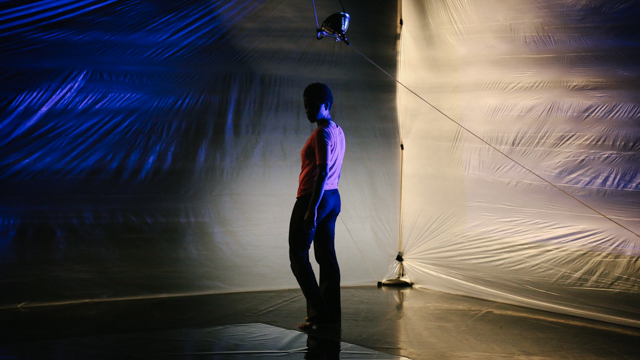
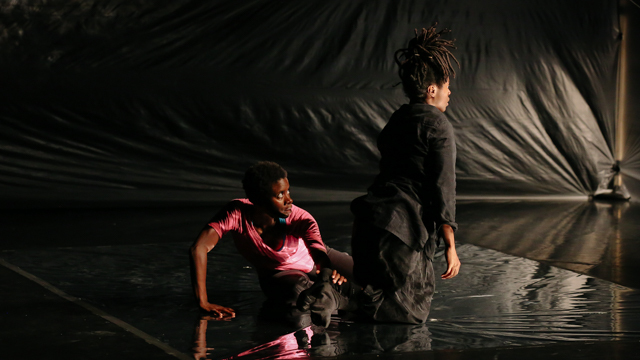
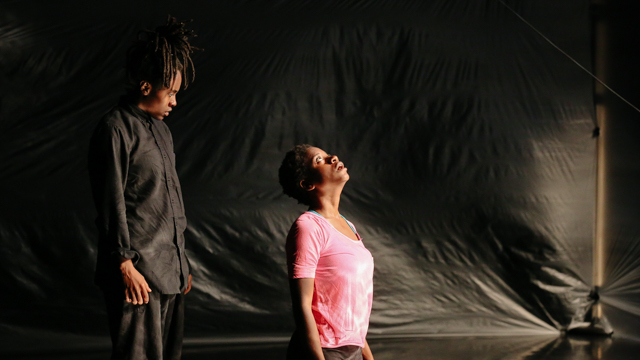
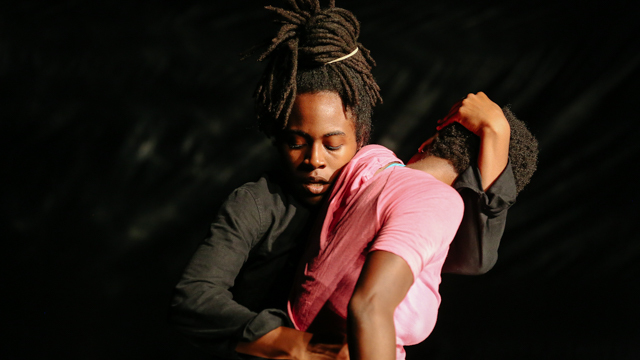
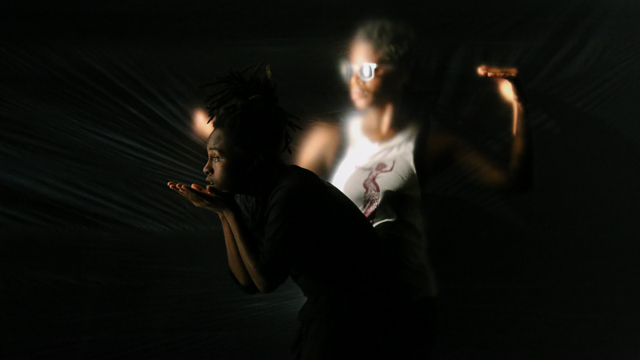
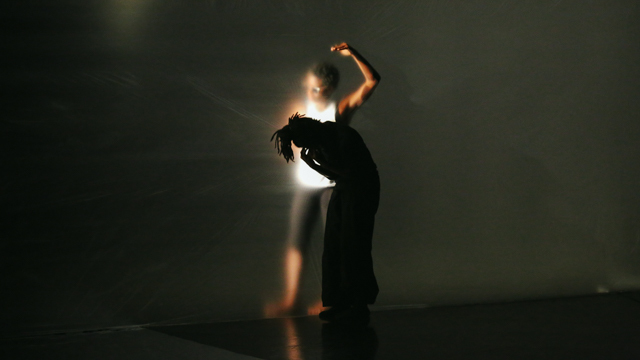
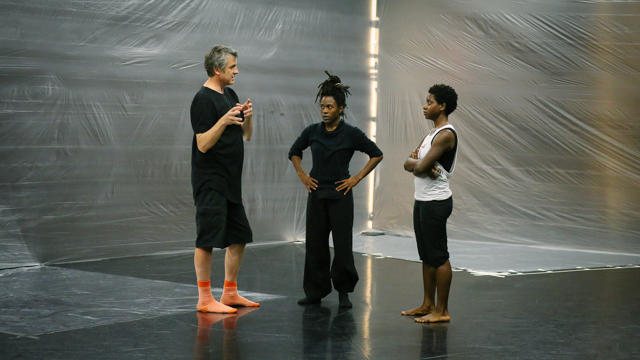
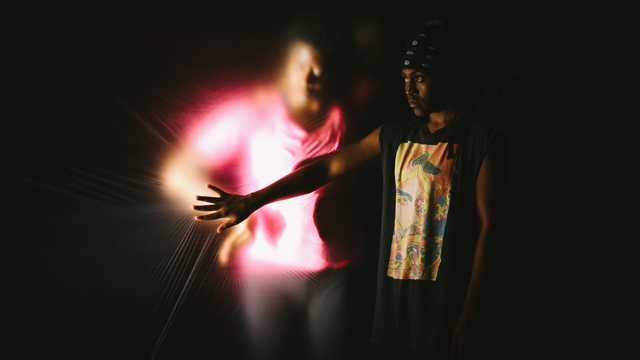
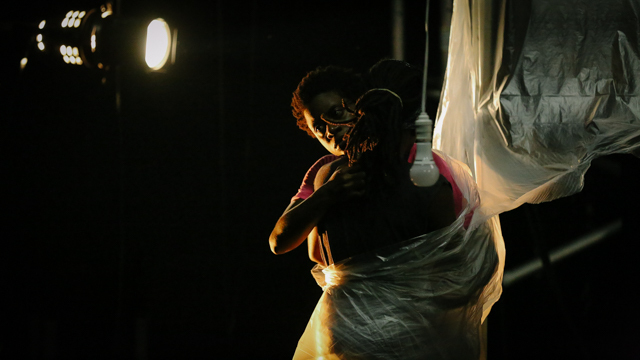
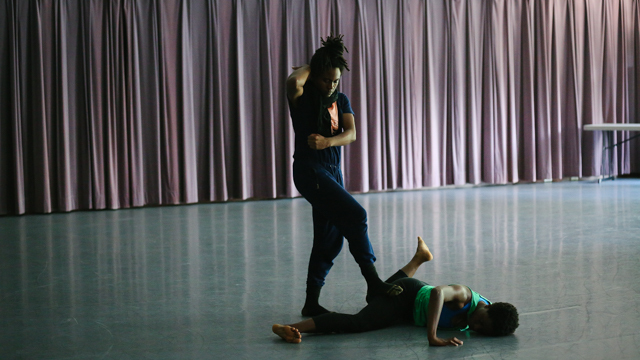
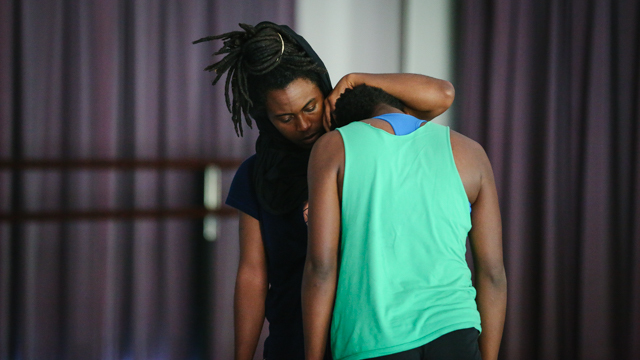
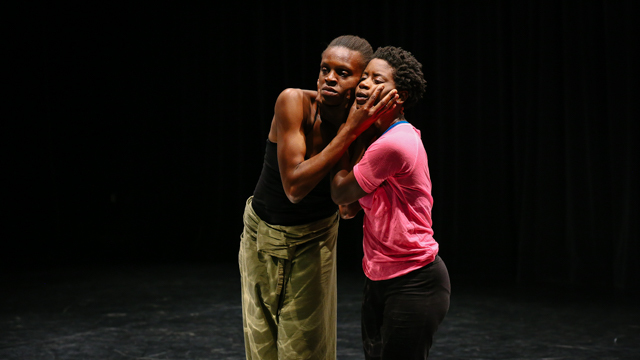
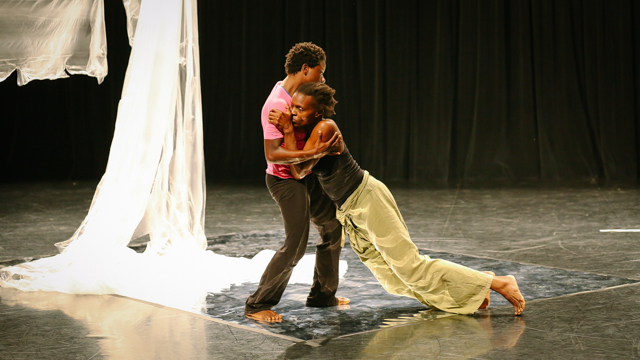
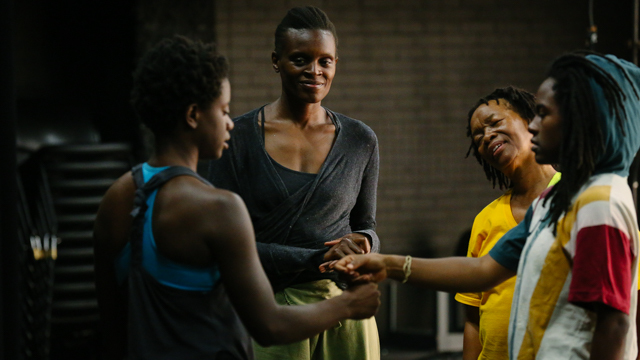
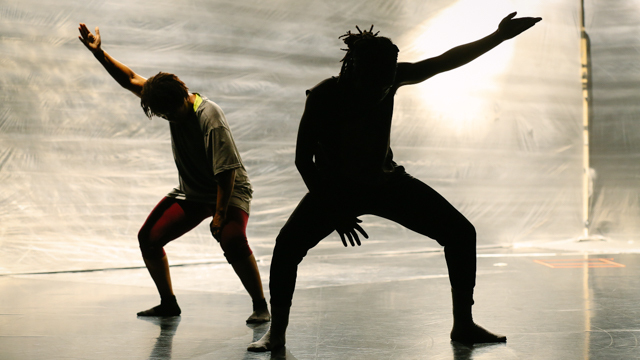
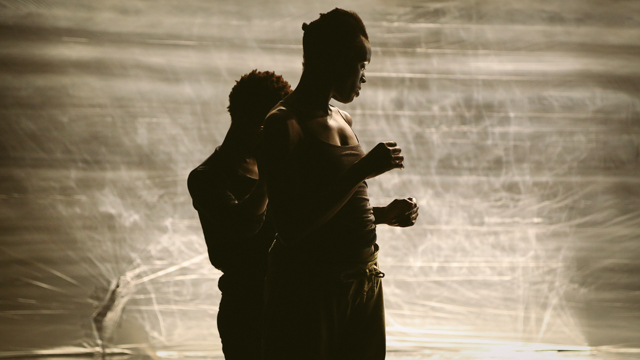
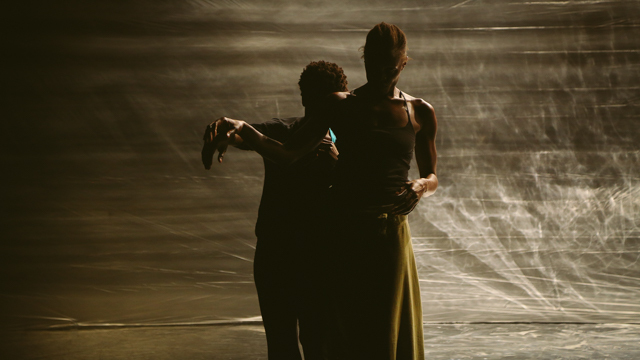
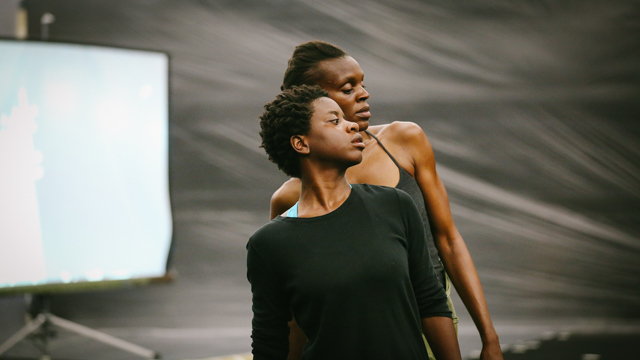
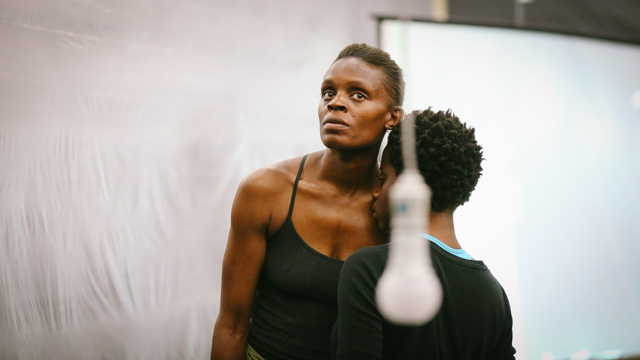
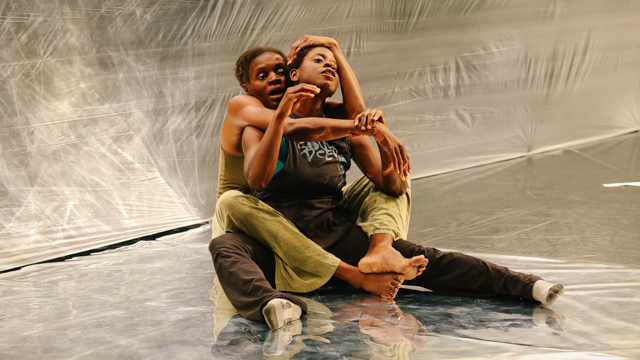
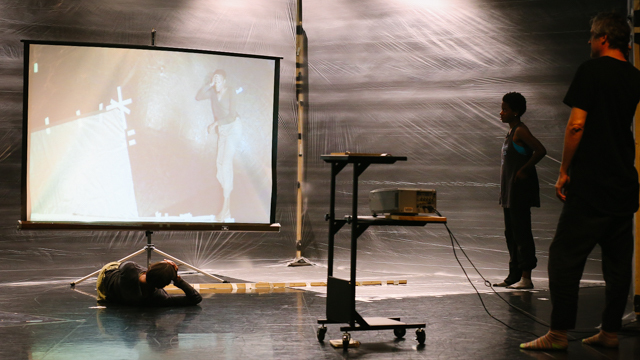
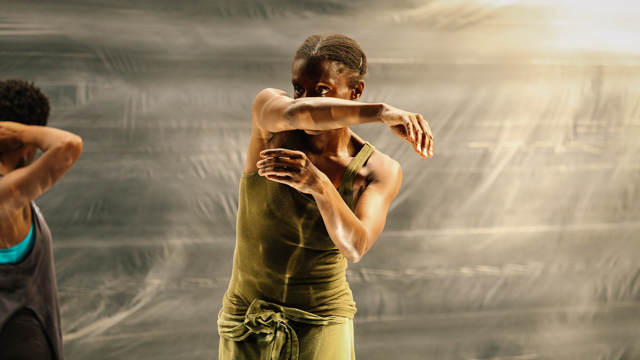
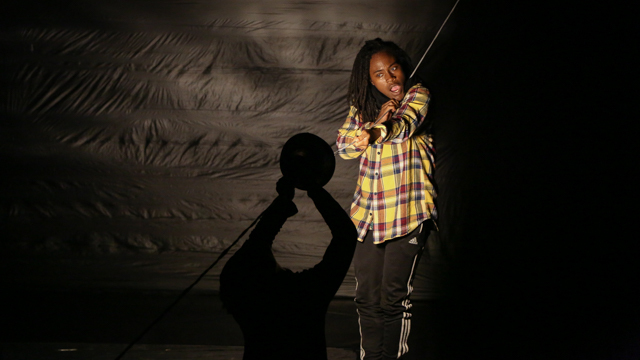
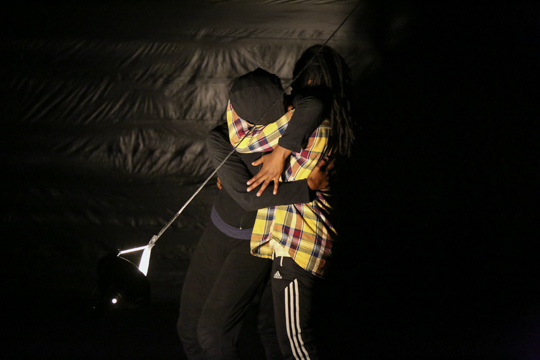
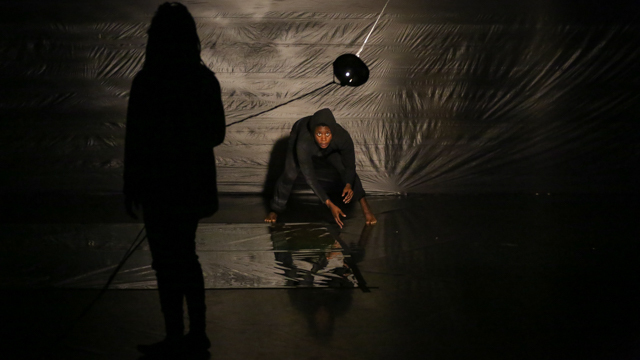
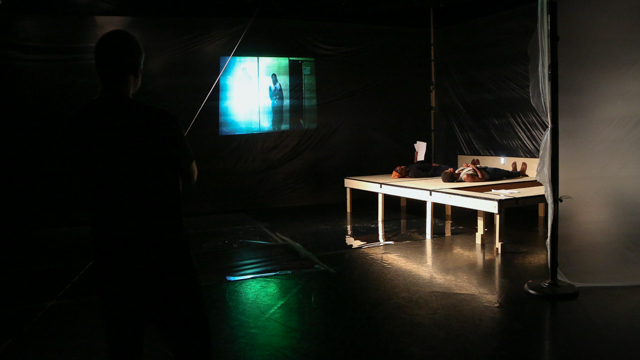
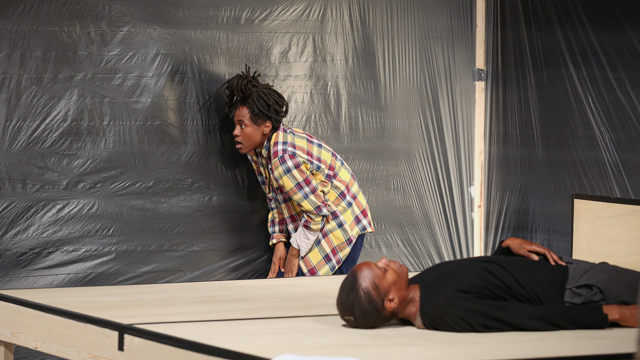
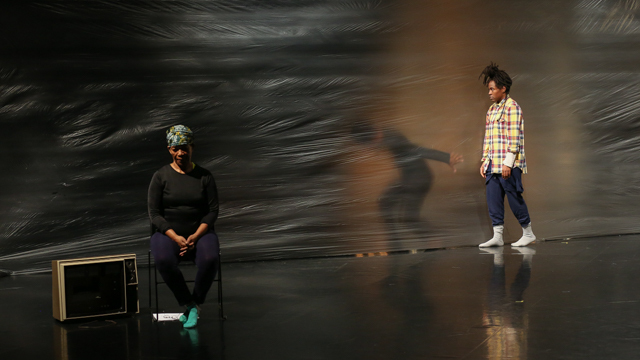
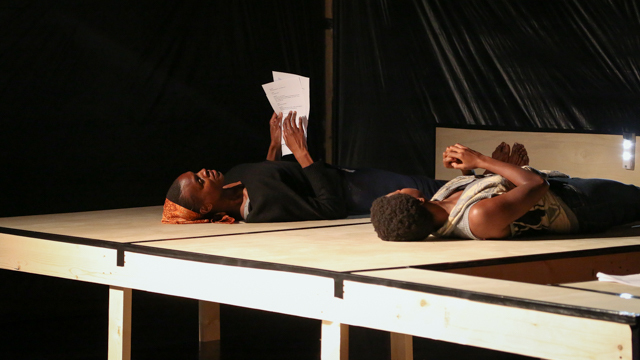
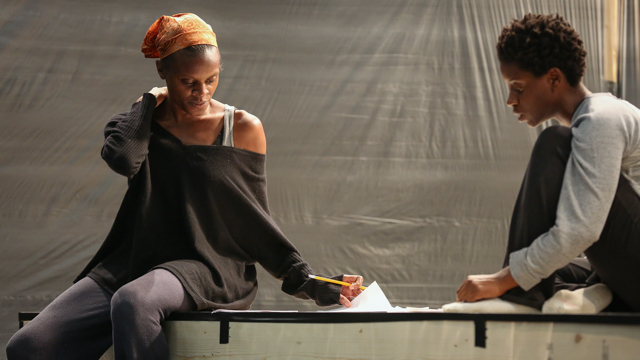
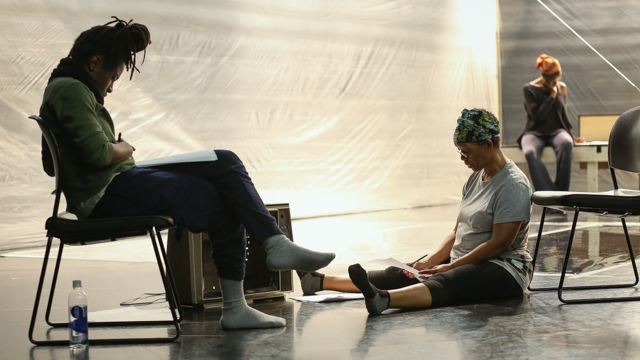
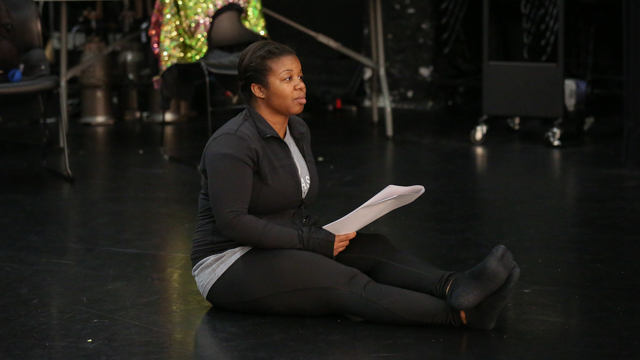
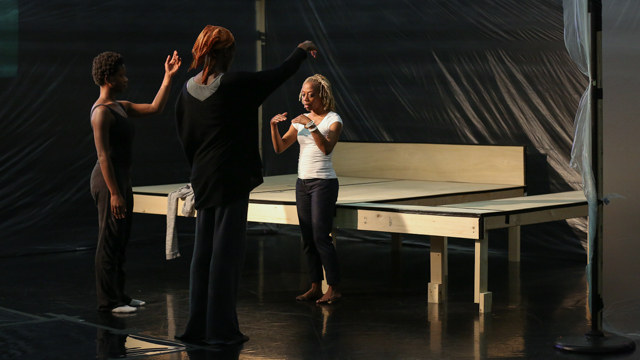
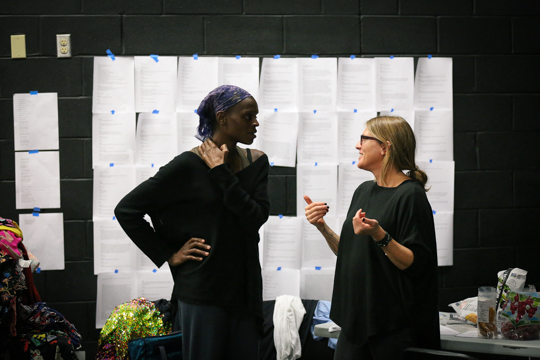
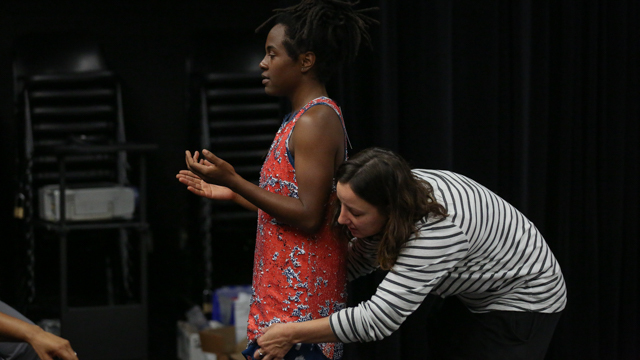
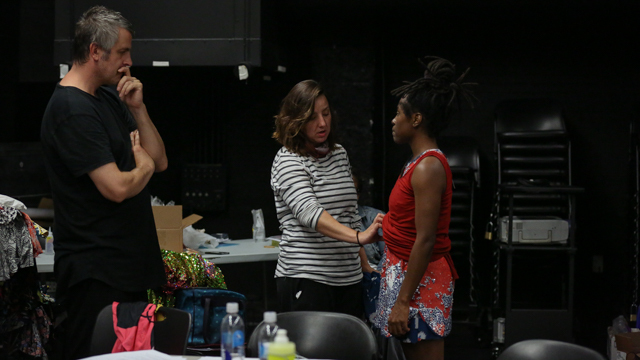
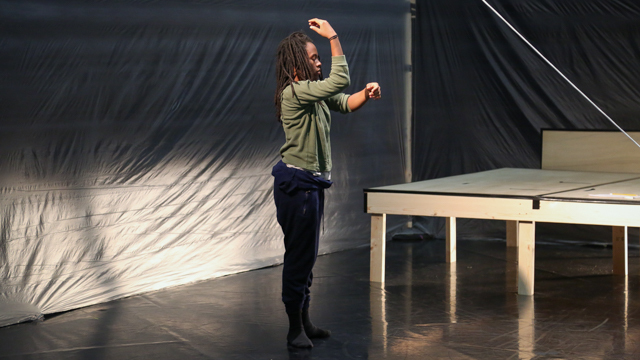

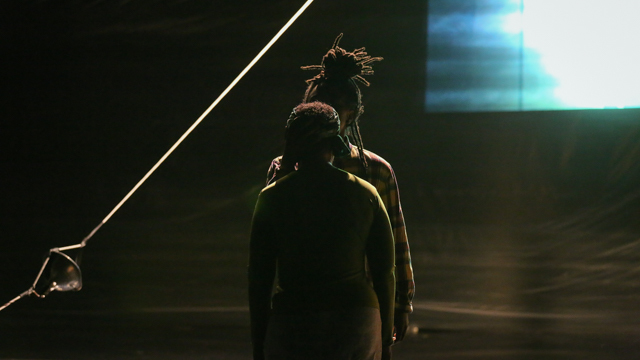
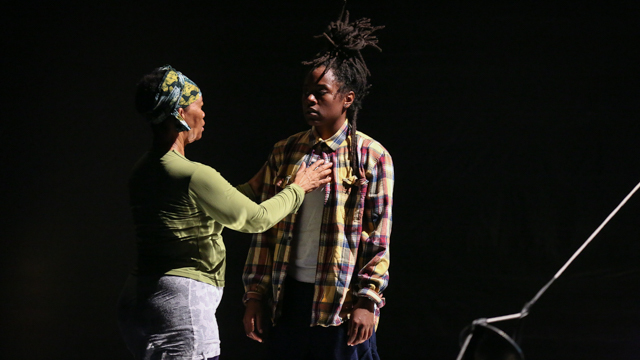
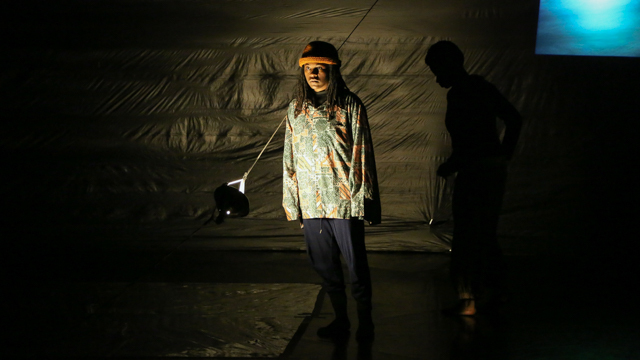
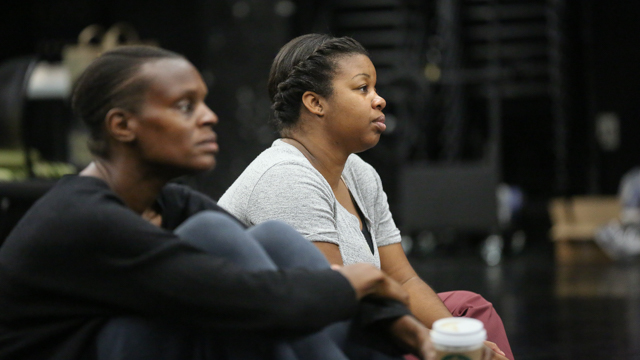
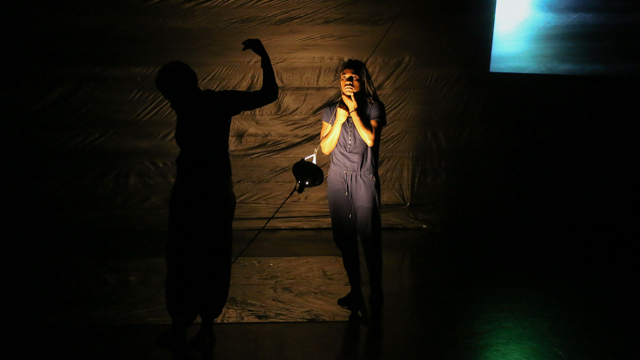
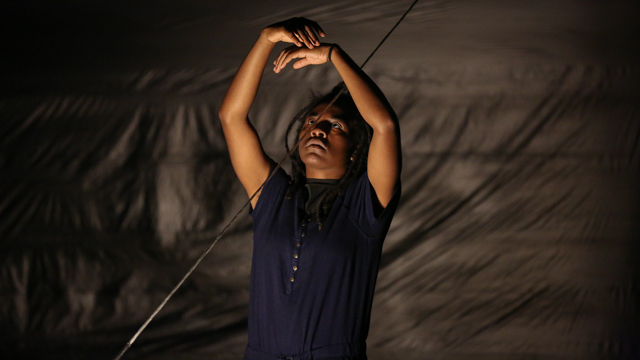
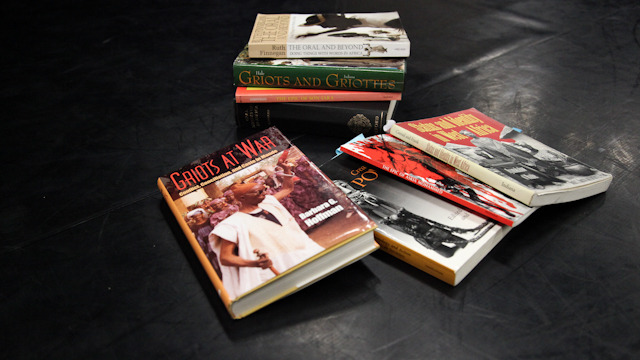
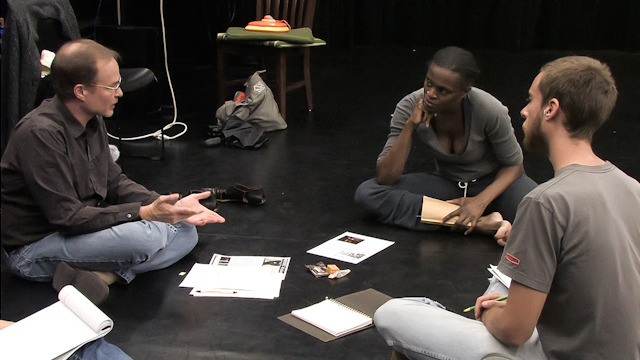
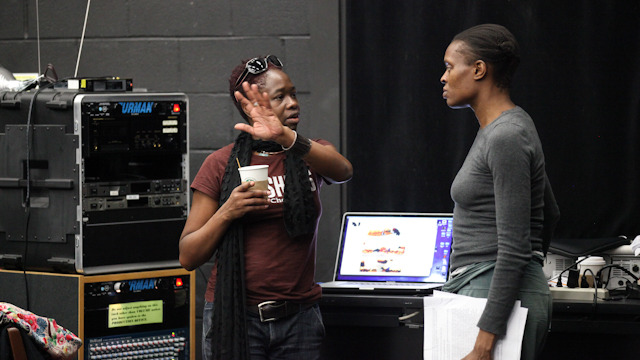
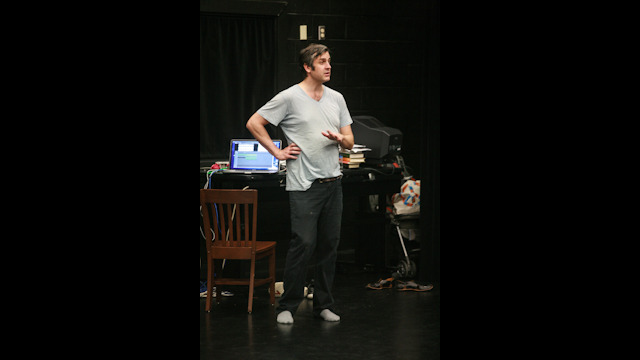
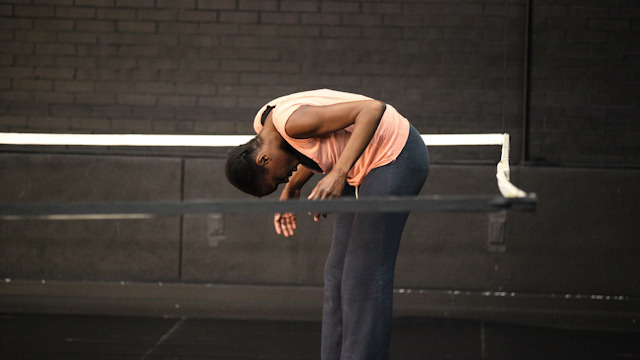
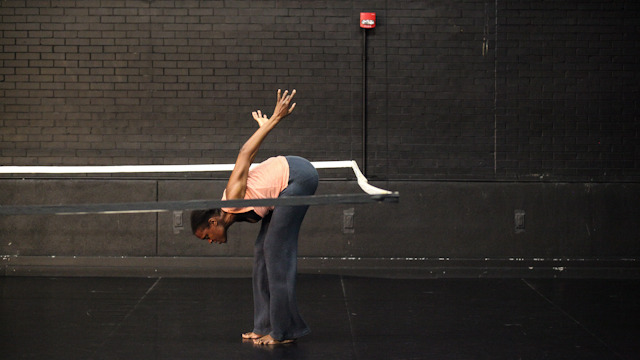
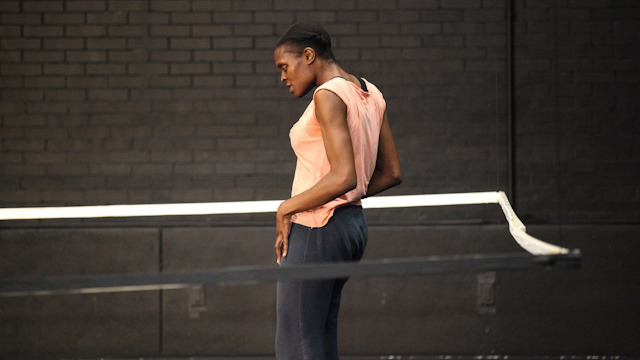
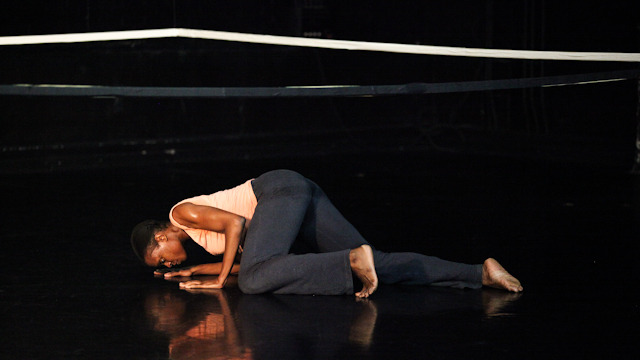

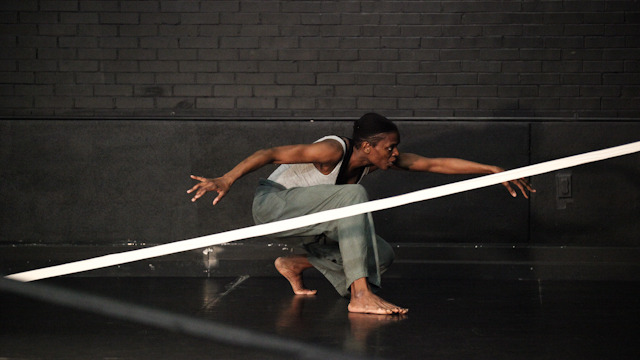
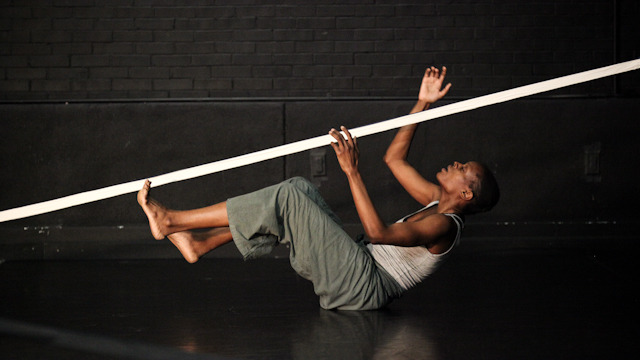
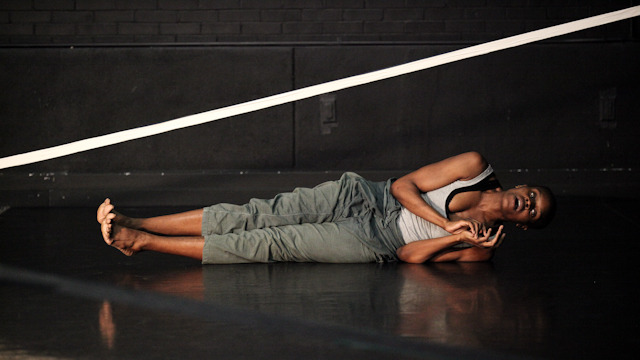
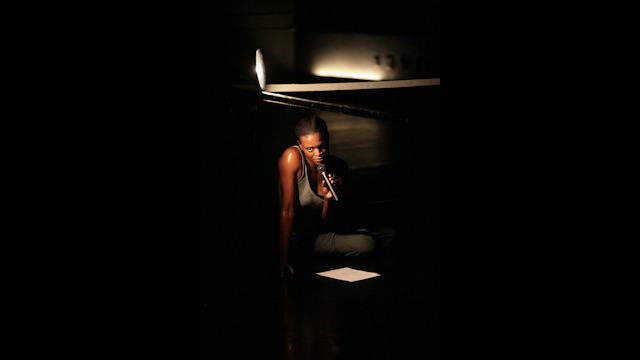
.jpg)


